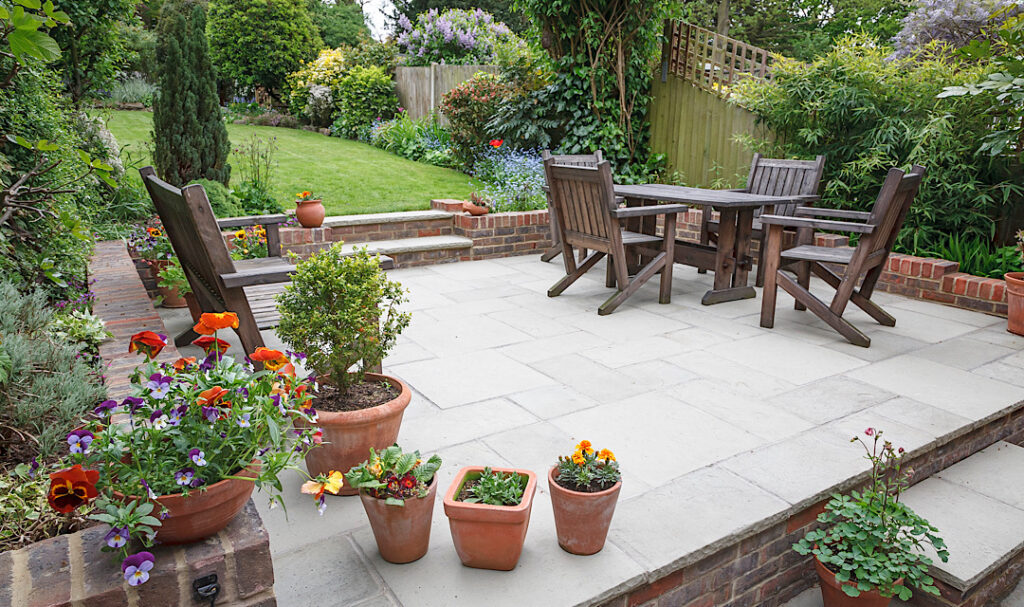Understanding Denver’s Climate Impact on Concrete
Denver’s unique climate, characterized by its dry air, high elevation, and temperature extremes, poses specific challenges to maintaining concrete integrity. These conditions can lead to quicker dehydration of the concrete mix during curing, potential cracking from thermal expansion and contraction, and damage from freeze-thaw cycles. Understanding these factors is essential in developing effective seasonal care strategies for your concrete installations.
Spring and Summer Care
Spring Thaw: As Denver emerges from its cold winters, the spring thaw can introduce moisture that penetrates concrete surfaces, which may freeze and expand if temperatures drop again. It’s crucial to ensure that your concrete has adequate drainage to prevent water accumulation that can cause cracking and other structural damage.
Summer Heat: During the hot summers, concrete surfaces can become excessively dry and may crack. To prevent this:
Regular Sealing: Apply a high-quality concrete sealant at the beginning of the summer to protect against moisture intrusion and reduce the risk of cracks.
Cleaning: Keep the surface clean from debris and stains which can retain moisture and cause damage over time.
Fall Preparation
Moisture Management: Fall in Denver can be unpredictable, with early snowfalls or heavy rains. Ensuring that your concrete slabs have proper sealing before this wet season can prevent water from seeping into micro-cracks.
Repair Cracks: Address any small cracks with a concrete patching compound to prevent water from entering and expanding during the freeze-thaw cycles of the upcoming winter.
Winter Protection
Snow and Ice Removal: Prompt removal of snow and ice is crucial to prevent the surface from becoming slick and to reduce the potential for freeze-thaw damage. Use a plastic shovel instead of metal to avoid scratching the concrete surface.
Avoid Chemical Deicers: Chemical deicers can cause surface damage and increase the rate of freeze-thaw cycling. Opt for sand or kitty litter for traction, or use a concrete-safe deicing product.
Regular Inspections: Winter is harsh, and regular inspections can help catch any new damage early before it becomes a significant issue. Look for signs of cracking or spalling and address them as soon as possible.
Year-Round Tips
Proper Installation and Curing: Ensure that any new concrete is properly mixed, poured, and given time to cure with adequate moisture. This foundational care provides greater durability against Denver’s weather extremes.
Routine Maintenance: Regularly check and maintain your concrete, addressing any issues like cracks or unevenness promptly to extend its lifespan.
Professional Assessments: Consider having a professional inspect your concrete annually. They can offer expert advice and service, particularly for detecting underlying issues that aren’t easily visible.
By understanding the specific needs of your concrete installations in response to Denver’s diverse weather conditions, you can take proactive steps to maintain its appearance and structural integrity across all seasons. This care not only prolongs the life of your concrete but also enhances the safety and aesthetics of your property.
